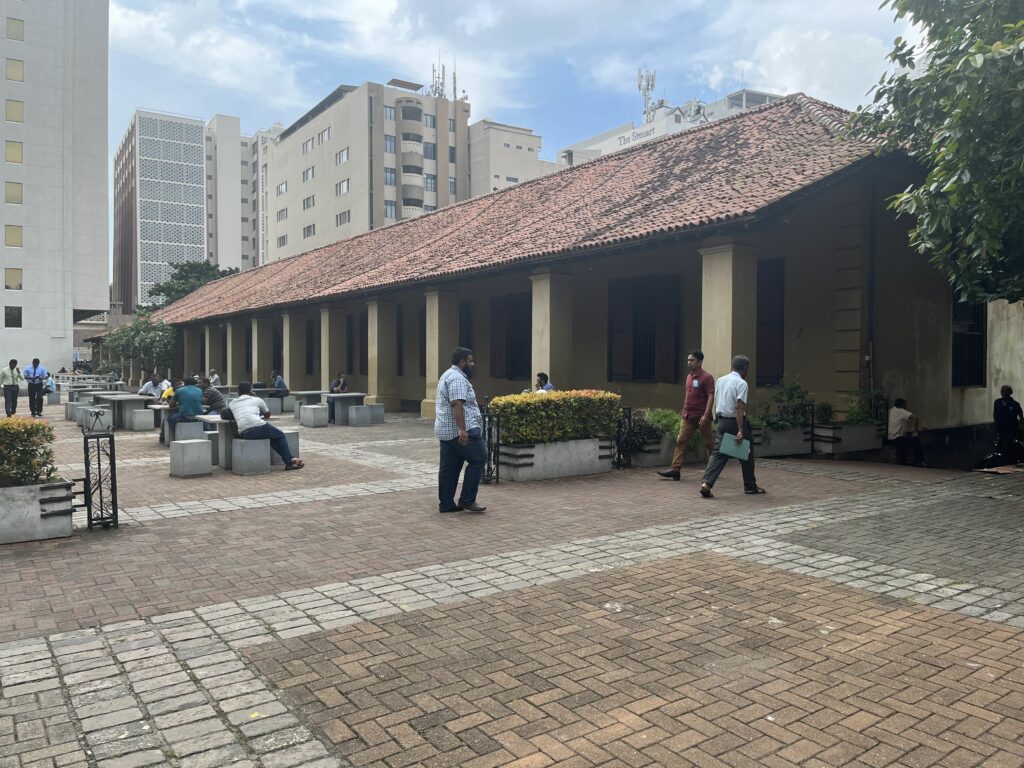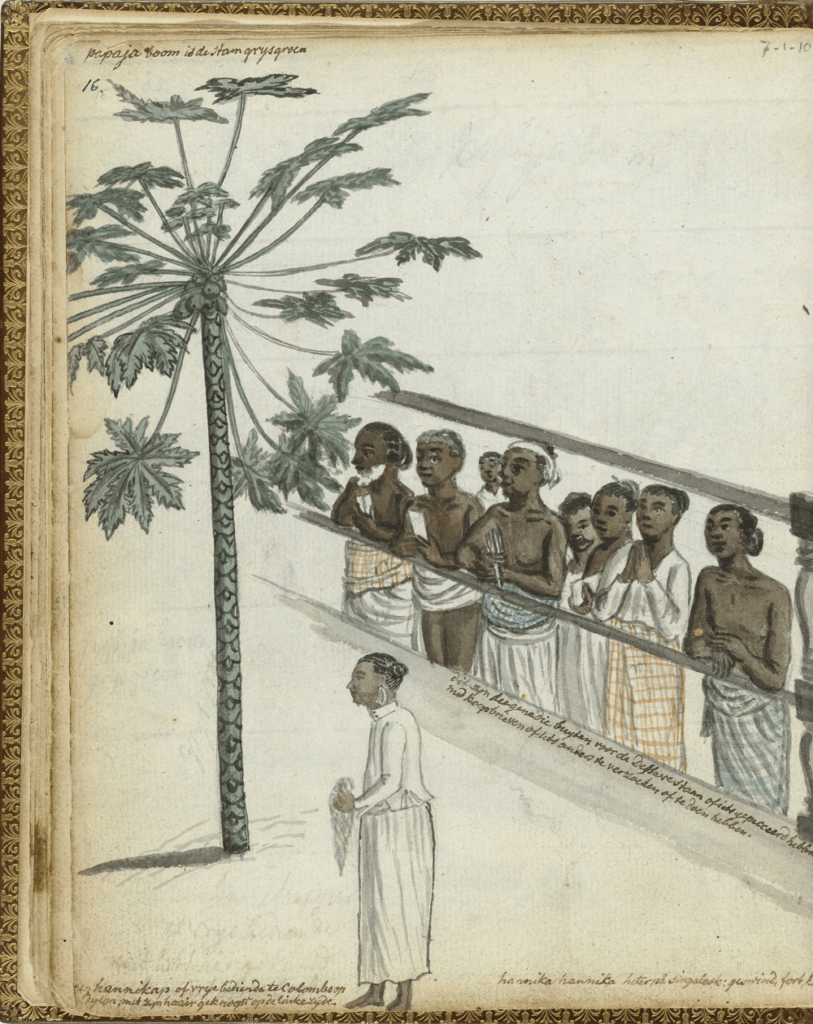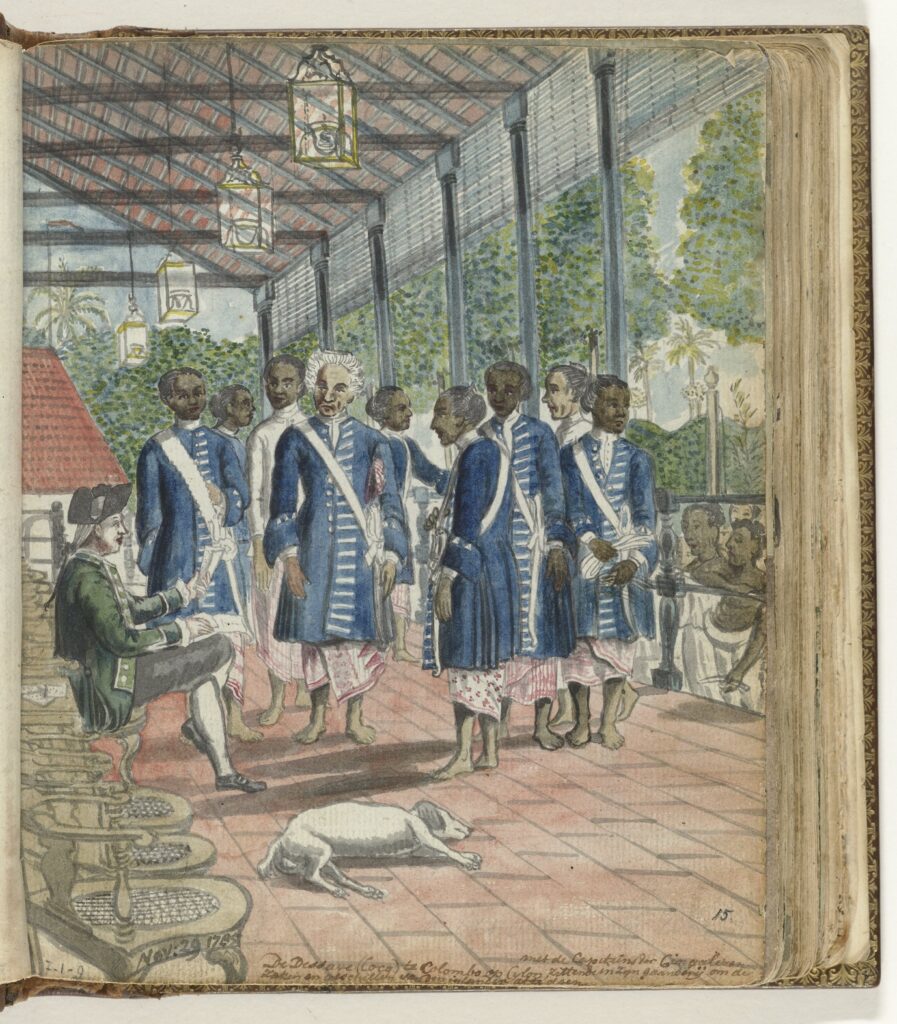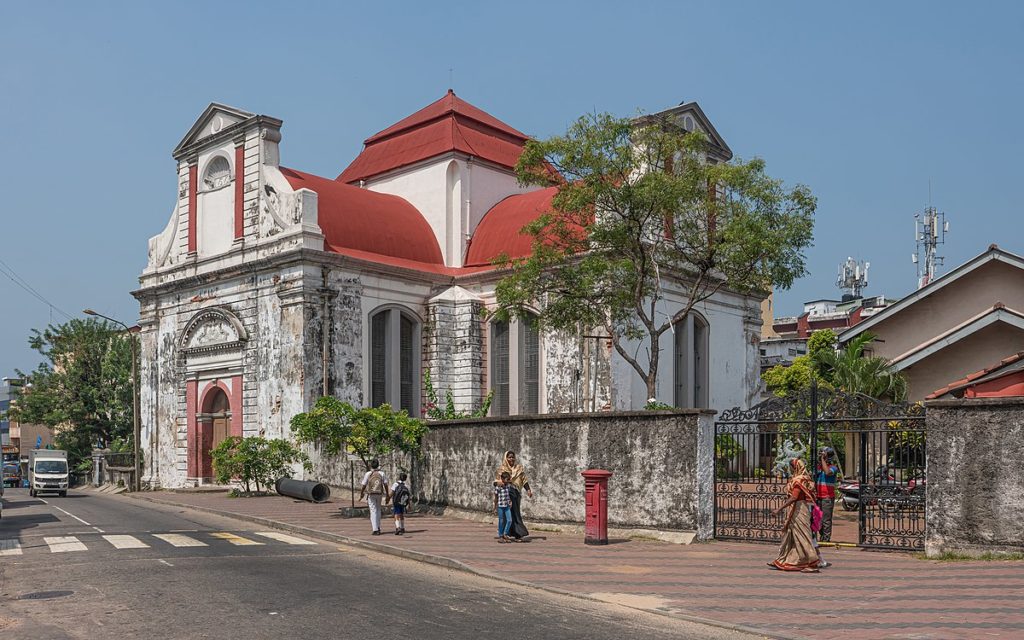Longreads

Well before the treaty between the King of Kandy Rajasingha II and the Dutch was signed in 1638—in which the Dutch agreed to provide military support to the king to expel the Portuguese from the island—the Dutch had realised how important it was for their commercial interests to have control over the affairs of the Southwestern parts of the island.

Sri Lanka has always had a particular position in global and regional networks of trade, religion and politics. By the eighteenth century the global and regional networks that shaped Sri Lanka were further extended by the global network of the Dutch colonisers. A century full of paradoxes, as local Dutch interests also set up more boundaries and constraints.

Throughout the Asian frontier of the Dutch empire, the VOC (Dutch East-India Company) was authorised by the Dutch Republic to autonomously wage wars, handle diplomatic relations and to govern the territories overseas, the latter including jurisdiction and law.
How did the Dutch legal system in Sri Lanka operate?

The Landraad: literally translates as ‘land council’ or ‘rural council’, this colonial court dealt with legal conflicts between mostly local litigant parties. Additionally they were responsible for the maintenance of the population and land registers known as the thombos.

The thombos, land and population registers, had pre-colonial roots in the palm-leaf inscribed ‘lēkam miti’ registers. First translated by the Portuguese, by the second half of the eighteenth century under Dutch rule, these centralised registers contained the names of hundreds of thousands of local inhabitants and their property in the form of sowing fields, gardens and plantations.

In many of the life stories on this website, the Dutch Reformed Church played an important role. At present the Protestants are the smallest religious group on the island. So what was at stake here? What role did the Protestant church play in society, what kind of institution was it? Why were so many people baptised and why did they seek contact with te church?

How is the presence of colonizers reflected in the literary output of Sinhala and Tamil authors? In Sri Lanka, colonized by three different European powers across more than four centuries, the answer is multifaceted. Whether referring to the Portuguese, Dutch, or British, Sri Lankan authors could be conspiratorially conciliatory or opprobriously opposed to these foreigners.
